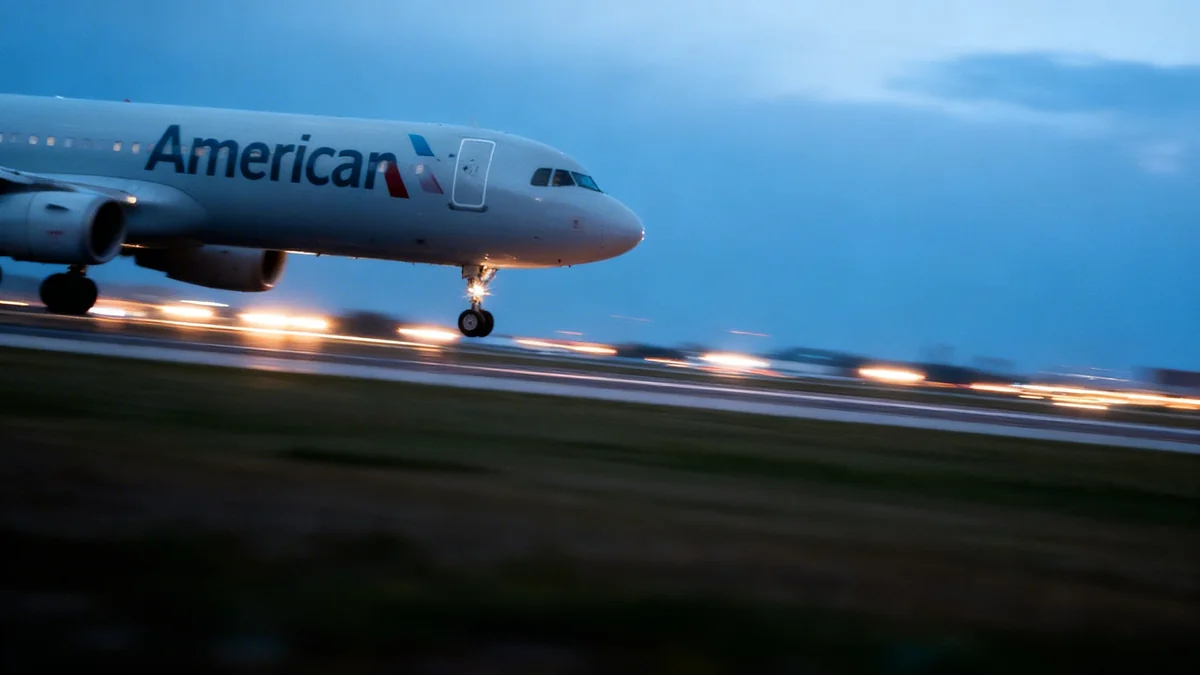The Lufthansa Group is preparing a significant cost-reduction program that includes cutting thousands of administrative positions across its European airline brands. Sources indicate that up to 20% of administrative staff could be affected over the next two years as the company moves to centralize many of its core operations in Germany.
This restructuring will impact employees at several of the group's airlines, including Austrian Airlines, Brussels Airlines, SWISS, and ITA Airways. The move is designed to streamline operations and improve financial performance amid increasing competition and high labor costs.
Key Takeaways
- Lufthansa Group plans to reduce its administrative workforce by up to 20% across Europe.
- The job cuts are part of a major cost-cutting initiative to centralize key business functions.
- Affected airlines include Austrian, SWISS, Brussels Airlines, and ITA Airways.
- The restructuring follows recent costly labor strikes and aims to improve competitiveness against rivals like IAG and Air France-KLM.
Centralization of Key Operations
The core of the restructuring plan involves shifting control of several key departments to a central hub in Germany. While individual airlines like Austrian and SWISS will retain autonomy over their onboard product and brand identity, many back-office functions will be consolidated.
According to reports, the departments slated for centralization include:
- Network Planning
- Commercial Management and Sales
- Loyalty Programs
- Technology and IT Infrastructure
- Personnel and Human Resources
- Finance and Accounting
This consolidation is expected to create redundancies in similar roles currently existing within each subsidiary airline. The goal is to eliminate overlapping positions and create a more efficient, unified operational structure for the entire group.
Lufthansa Group's Structure
The Lufthansa Group is one of Europe's largest aviation conglomerates. In addition to its flagship Lufthansa brand, it owns Austrian Airlines, Brussels Airlines, SWISS International Air Lines, and Italy's ITA Airways. It also operates the low-cost carrier Eurowings and the leisure-focused Discover Airlines.
Financial Pressures and Competitive Landscape
The decision to implement these significant cuts comes as the Lufthansa Group faces pressure to improve its financial standing. The company has been working to close the performance gap with its main European competitors, IAG (owner of British Airways and Iberia) and the Air France-KLM Group.
High operational costs, particularly within the main Lufthansa airline, have been a persistent challenge. CEO Carsten Spohr has previously referred to the core Lufthansa brand as the group's "problem child" due to its inefficiency and high employee-related expenses.
"Cuts had to be made in its workforce to fund ongoing investment in the airline," Carsten Spohr recently told employees, linking the need for staff reductions directly to the company's future growth and modernization plans.
The company has already attempted other cost-saving measures, such as establishing new subsidiaries like Lufthansa City Airlines. This new airline was created to operate flights with staff on less expensive contracts, but this strategy has not been sufficient to address the group's broader structural costs.
Impact of Recent Strikes
In April 2025, coordinated strike action by Lufthansa's cabin crew and ground staff resulted in widespread flight cancellations and disruptions. The airline estimated the financial impact of this labor dispute to be at least €350 million (approximately $372 million).
Ongoing Labor Relations Challenges
The planned job reductions are set against a backdrop of tense labor relations. The group has faced significant opposition from unions when attempting to modernize contracts and introduce more flexible working conditions.
The massive strikes in April, which saw ground and cabin crews uniting, highlighted the deep-seated issues between management and employees. These industrial actions caused severe operational disruptions and added to the financial strain on the company.
Future Labor Disputes Possible
Further labor challenges may be on the horizon. The company is currently in a dispute with its pilots over pensions, raising the possibility of another major strike that could further impact operations and finances. The announcement of widespread administrative job cuts is likely to increase tensions with employee representatives across the group's various European locations.
While the company has stated its intention to preserve the unique identities of its subsidiary airlines, the centralization of so many critical functions will inevitably lead to a significant loss of jobs in Austria, Belgium, Switzerland, and Italy, reshaping the operational landscape of the entire group.





